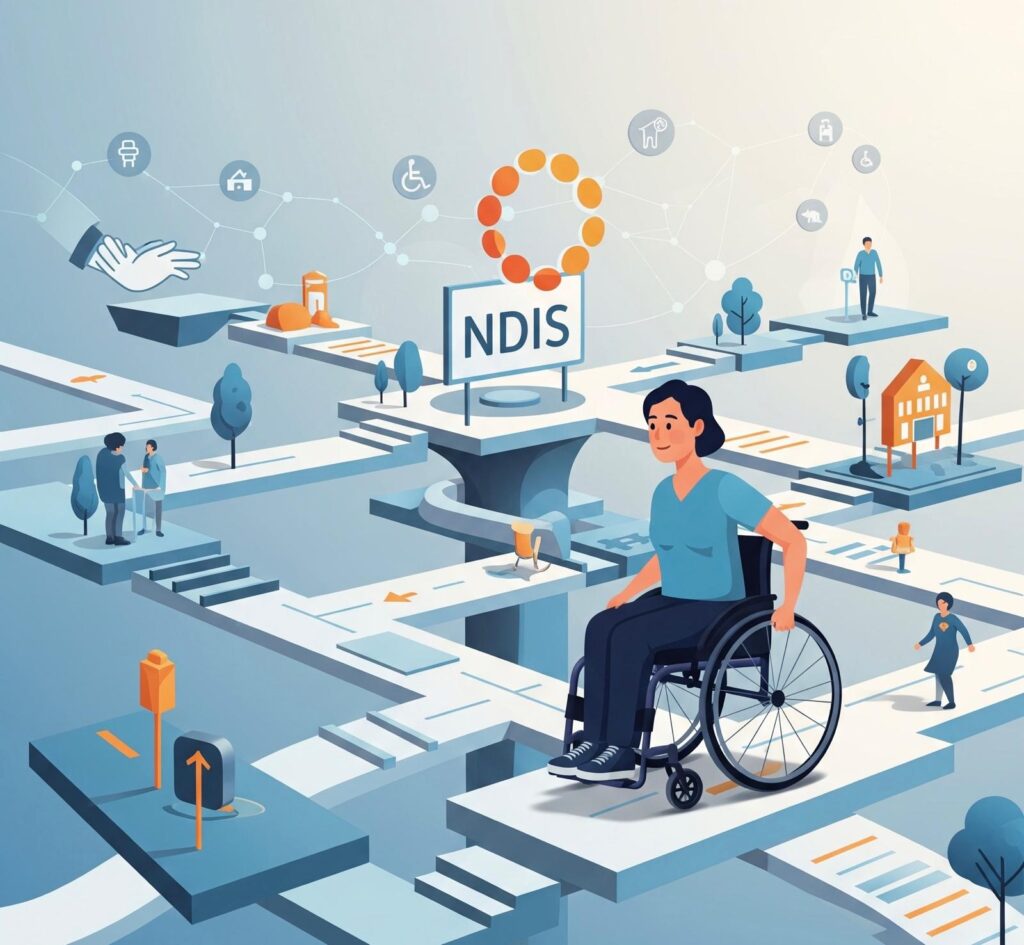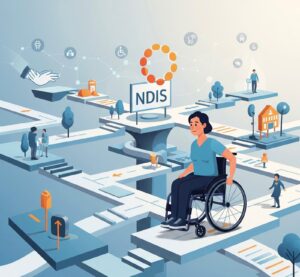Relationship counselling is a form of therapy that helps couples or individuals resolve conflicts, improve communication, and deepen emotional connections. It is often sought when partners experience challenges in their relationship, whether due to communication breakdowns, infidelity, emotional distance, or life transitions. A psychologist or a certified counsellor typically facilitates these sessions, using therapeutic techniques to foster healthier, more satisfying relationships (Gottman, 2011).
Keywords: Relationship counselling, Improve communication in relationships, Couples therapy benefits, Conflict resolution in relationships, How counselling helps couples communicate, Counselling for relationship issues, Emotional connection in relationship counselling, Rebuilding trust in couples therapy, Techniques for better relationship communication
Importance of Relationship Counselling
Relationship counselling is not limited to couples in crisis. It can also serve as a preventative measure, helping partners strengthen their connection before significant issues arise. Many couples seek therapy to improve their communication skills, address lingering resentments, or adjust to changes such as moving in together, having children, or dealing with work-life balance challenges. Research shows that proactive relationship counselling can significantly increase satisfaction and resilience within a relationship (Gottman & Silver, 2012).
Common Issues Addressed in Relationship Counselling
- Communication Breakdown: Poor communication is one of the most common reasons couples seek therapy. Whether it’s difficulty expressing emotions or constant misunderstandings, a counsellor can help partners develop effective communication strategies, fostering a space for open, honest dialogue (Stanley, Markman, & Whitton, 2010).
- Trust Issues: Trust can be damaged by infidelity, lies, or breaches of boundaries. Relationship counselling can help rebuild trust by addressing the root causes of betrayal and teaching partners how to foster honesty and transparency (Timmons, 2017).
- Emotional Disconnect: Over time, partners may feel emotionally distant from one another. This can result in feelings of isolation, frustration, or dissatisfaction. Counsellors work to help partners reconnect emotionally, guiding them through exercises that encourage vulnerability and empathy (Perel, 2017).
- Life Transitions: Major life events, such as having children, changing careers, or dealing with illness, can put strain on a relationship. Counselling can help couples navigate these transitions, providing support and strategies to maintain balance during stressful times (Neff & Karney, 2005).
Techniques Used in Relationship Counselling
Counsellors use a variety of approaches tailored to the specific needs of the couple:
- Emotionally Focused Therapy (EFT): EFT helps couples understand their emotional patterns and identify attachment needs. It is particularly effective for addressing emotional disconnection and building trust (Johnson, 2004).
- Cognitive Behavioural Therapy (CBT): CBT addresses negative thought patterns and behaviours that affect the relationship. It helps couples challenge unhelpful beliefs and replace them with constructive actions (Baucom et al., 2015).
- The Gottman Method: Developed by Drs. John and Julie Gottman, this approach is based on decades of research and focuses on building intimacy, managing conflict, and creating shared meaning in relationships (Gottman, 2011).
Benefits of Relationship Counselling
Relationship counselling offers several long-term benefits:
- Improved Communication: Couples learn effective communication techniques, leading to better conflict resolution and deeper emotional connection.
- Stronger Emotional Bonds: Therapy fosters empathy and understanding, strengthening the emotional connection between partners.
- Conflict Resolution Skills: Counselling equips couples with tools to navigate disagreements in a healthy and constructive manner.
- Greater Relationship Satisfaction: Research has shown that couples who attend therapy report higher levels of satisfaction and stability in their relationships (Gottman & Silver, 2012).
Benefits of Relationship Counselling
Relationship counselling can significantly improve communication by teaching couples effective strategies for expressing their thoughts, feelings, and needs. Through techniques like active listening, couples learn to truly hear and understand each other, fostering empathy and reducing misunderstandings. Counselling also helps individuals identify negative communication patterns, such as criticism or defensiveness, and replace them with healthier approaches like assertiveness and openness (Gottman, 2011).
Therapists may use methods like Emotionally Focused Therapy (EFT) and Cognitive Behavioural Therapy (CBT) to help couples manage conflict and communicate in a more constructive, supportive manner (Johnson, 2004; Baucom et al., 2015).
Effective communication is a cornerstone of a healthy relationship, and counselling helps partners develop the skills necessary to maintain a strong connection.
Conclusion
Relationship counselling is a valuable tool for couples at any stage, whether they’re addressing ongoing challenges or simply aiming to improve their connection. Through evidence-based techniques, counselling helps individuals build stronger, healthier relationships that withstand the challenges of daily life.
References
- Baucom, D. H., Epstein, N., LaTaillade, J. J., & Kirby, J. S. (2015). Cognitive-behavioral couple therapy. Encyclopedia of Couple and Family Therapy.
- Gottman, J., & Silver, N. (2012). The Seven Principles for Making Marriage Work. Harmony.
- Johnson, S. (2004). The Practice of Emotionally Focused Couple Therapy: Creating Connection. Routledge.
- Neff, L. A., & Karney, B. R. (2005). To know you is to love you: The implications of global adoration and specific accuracy for marital relationships. Journal of Personality and Social Psychology.
- Perel, E. (2017). The State of Affairs: Rethinking Infidelity. Harper.
- Stanley, S. M., Markman, H. J., & Whitton, S. W. (2010). Communication, conflict, and commitment: Insights on the foundations of relationship success from a national survey. Family Process.
- Timmons, A. (2017). The betrayal bond: How to overcome traumatic relationships. Journal of Clinical Psychology.
- Gottman, J., & Silver, N. (2011). The Seven Principles for Making Marriage Work. Harmony.
- Johnson, S. (2004). The Practice of Emotionally Focused Couple Therapy: Creating Connection. Routledge.
- Baucom, D. H., et al. (2015). Cognitive-behavioral couple therapy. Encyclopedia of Couple and Family Therapy.
How to get in touch
If you or your NDIS participant need immediate mental healthcare assistance, feel free to get in contact with us on 1800 NEAR ME – admin@therapynearme.com.au.







